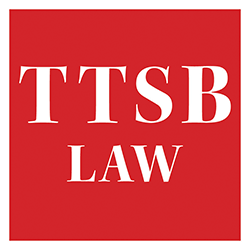Traumatic brain injury is one of car accidents’ most commonly sustained injuries. Drivers and passengers in Oklahoma can be impacted if they are in a crash. These are some statistics about the relationship between car accidents and brain injuries.
Understanding traumatic brain injury
Traumatic brain injury (TBI) occurs after a harsh blow or jolt to the head or after an object penetrates the skull and makes contact with the brain. There are different levels of severity to the injury: mild, moderate and severe. Depending on the part of the brain affected and other factors, a person could be left with a temporary or permanent injury.
Different situations can lead to a person sustaining a TBI; car accidents, falls and acts of violence are some of the most common.
Statistics on TBI and car accidents
According to the Centers for Disease Control and Prevention (CDC), around 1.7 million people sustain TBIs yearly. Car accidents rank as the second largest cause of those injuries at 17.3% annually. A person can sustain these catastrophic injuries after their head hits the steering wheel, dashboard or window. It’s also possible to suffer a TBI if an object in the vehicle flies upon impact and strikes the person’s head.
The majority of TBIs, 80%, are considered mild. However, even in the milder cases, a person with a TBI needs some support: around 75% of people who sustain the injury lose their jobs within three months of returning to work. In addition, about 5.4 million individuals with TBI are considered disabled and cannot continue functioning as they did before their accident.
More than 1 million people yearly are treated for TBIs at emergency rooms. The cost of continuous care for those suffering from severe cases is more than $4 over their lifetimes.
Unfortunately, it’s not always possible to predict a car accident or the development of a TBI. However, prompt medical care could make a difference.

